Intro
Discover the link between alcohol and diabetes risks, including blood sugar spikes, insulin resistance, and liver damage, to manage your condition effectively.
Alcohol consumption has been a longstanding aspect of human culture, with many people enjoying a drink or two on social occasions or as a way to unwind. However, for individuals with diabetes, the relationship between alcohol and diabetes risks is complex and multifaceted. While moderate alcohol consumption may have some health benefits, excessive drinking can exacerbate diabetes-related complications and increase the risk of developing the condition in the first place. In this article, we will delve into the world of alcohol and diabetes, exploring the risks and benefits associated with drinking for individuals with diabetes.
The prevalence of diabetes has been increasing globally, with the World Health Organization (WHO) estimating that over 460 million people worldwide suffer from the condition. Diabetes is a chronic metabolic disorder characterized by high blood sugar levels, which can lead to a range of complications, including heart disease, kidney damage, and nerve damage. While diabetes can be managed through lifestyle changes and medication, the risk of developing the condition is influenced by a range of factors, including genetics, obesity, and lifestyle habits, such as diet and physical activity.
For individuals with diabetes, managing blood sugar levels is crucial to preventing complications and maintaining overall health. However, alcohol consumption can make it more challenging to manage blood sugar levels, as it can cause fluctuations in blood glucose and insulin sensitivity. Furthermore, excessive drinking can lead to a range of health problems, including liver disease, pancreatitis, and certain types of cancer, which can further exacerbate diabetes-related complications. In the following sections, we will explore the relationship between alcohol and diabetes risks in more detail, examining the benefits and drawbacks of moderate drinking and the potential consequences of excessive alcohol consumption.
Understanding Diabetes And Alcohol Consumption
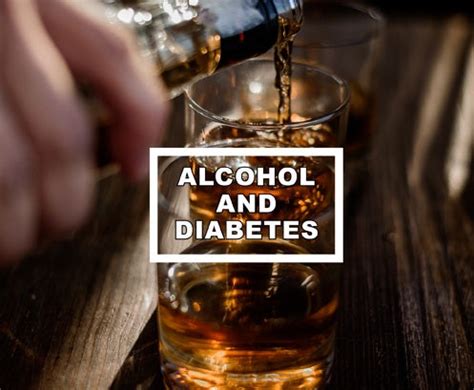
Diabetes is a complex condition that affects the way the body processes glucose, a type of sugar that serves as a primary source of energy for cells. There are two main types of diabetes: type 1 and type 2. Type 1 diabetes is an autoimmune condition in which the body's immune system attacks the cells in the pancreas that produce insulin, a hormone that regulates blood sugar levels. Type 2 diabetes, on the other hand, is a metabolic disorder characterized by insulin resistance, in which the body's cells become less responsive to insulin, leading to high blood sugar levels.
Alcohol consumption can affect blood sugar levels in several ways. On the one hand, moderate drinking may have some benefits for individuals with type 2 diabetes, as it can improve insulin sensitivity and reduce the risk of heart disease. However, excessive drinking can lead to a range of problems, including hypoglycemia (low blood sugar), hyperglycemia (high blood sugar), and ketoacidosis, a life-threatening condition in which the body produces high levels of acidic substances called ketones.
Benefits Of Moderate Drinking
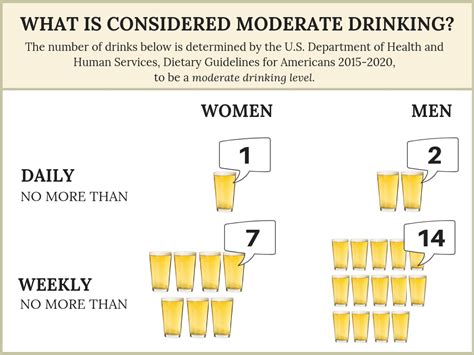
Moderate drinking is generally defined as up to one drink per day for women and up to two drinks per day for men. While excessive drinking can have negative consequences for individuals with diabetes, moderate drinking may have some benefits. For example, moderate alcohol consumption has been shown to:
- Improve insulin sensitivity: Moderate drinking may improve insulin sensitivity, reducing the risk of developing type 2 diabetes.
- Reduce inflammation: Alcohol has anti-inflammatory properties, which may help reduce inflammation in the body and improve overall health.
- Lower blood pressure: Moderate drinking may help lower blood pressure, reducing the risk of heart disease and stroke.
However, it is essential to note that these benefits are generally associated with moderate drinking, and excessive alcohol consumption can have negative consequences for individuals with diabetes.
Risks Of Excessive Drinking
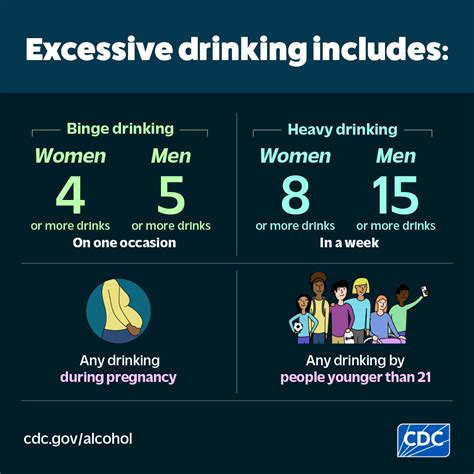
Excessive drinking can have a range of negative consequences for individuals with diabetes, including:
- Hypoglycemia: Excessive drinking can cause hypoglycemia, particularly if individuals with diabetes take insulin or other medications that lower blood sugar levels.
- Hyperglycemia: Excessive drinking can also cause hyperglycemia, as the body's cells become less responsive to insulin.
- Ketoacidosis: Excessive drinking can lead to ketoacidosis, a life-threatening condition in which the body produces high levels of acidic substances called ketones.
- Liver disease: Excessive drinking can lead to liver disease, including fatty liver, alcoholic hepatitis, and cirrhosis.
- Pancreatitis: Excessive drinking can cause pancreatitis, a condition in which the pancreas becomes inflamed, leading to abdominal pain, nausea, and vomiting.
Managing Diabetes And Alcohol Consumption
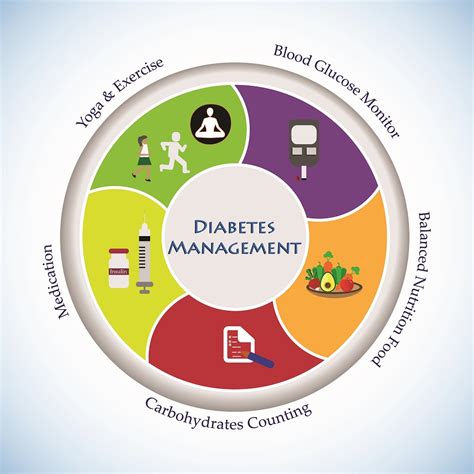
For individuals with diabetes, managing blood sugar levels is crucial to preventing complications and maintaining overall health. When it comes to alcohol consumption, there are several steps that individuals with diabetes can take to minimize the risks associated with drinking:
- Monitor blood sugar levels: Individuals with diabetes should monitor their blood sugar levels regularly, particularly when drinking alcohol.
- Choose low-carb drinks: Low-carb drinks, such as wine and spirits, may be a better choice for individuals with diabetes than high-carb drinks, such as beer and cocktails.
- Eat before drinking: Eating a meal or snack before drinking can help prevent hypoglycemia and reduce the risk of ketoacidosis.
- Avoid excessive drinking: Excessive drinking can have negative consequences for individuals with diabetes, including hypoglycemia, hyperglycemia, and ketoacidosis.
Conclusion And Recommendations
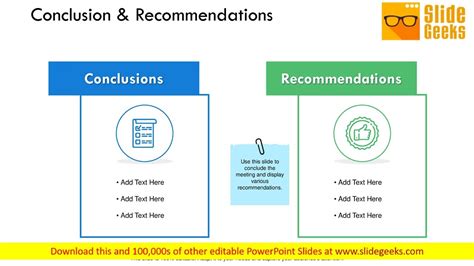
In conclusion, the relationship between alcohol and diabetes risks is complex and multifaceted. While moderate drinking may have some benefits for individuals with type 2 diabetes, excessive drinking can exacerbate diabetes-related complications and increase the risk of developing the condition in the first place. To minimize the risks associated with drinking, individuals with diabetes should monitor their blood sugar levels regularly, choose low-carb drinks, eat before drinking, and avoid excessive drinking.
We invite readers to share their experiences and thoughts on the topic of alcohol and diabetes risks. Have you or a loved one been affected by diabetes or excessive drinking? What strategies have you found helpful in managing blood sugar levels and minimizing the risks associated with drinking? Share your comments and questions below, and don't forget to share this article with others who may be interested in the topic.
What are the risks of excessive drinking for individuals with diabetes?
+Excessive drinking can lead to a range of complications, including hypoglycemia, hyperglycemia, ketoacidosis, liver disease, and pancreatitis.
Can moderate drinking have benefits for individuals with type 2 diabetes?
+Yes, moderate drinking may have some benefits for individuals with type 2 diabetes, including improved insulin sensitivity and reduced inflammation.
How can individuals with diabetes minimize the risks associated with drinking?
+Individuals with diabetes can minimize the risks associated with drinking by monitoring their blood sugar levels regularly, choosing low-carb drinks, eating before drinking, and avoiding excessive drinking.
